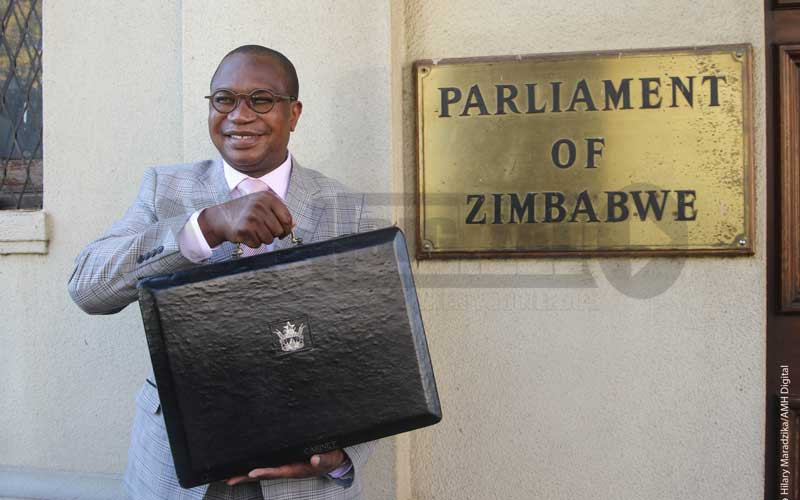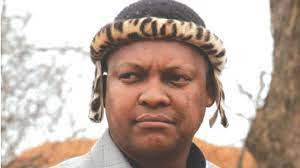
THE Zimbabwe Coalition on Debt and Development (Zimcodd) has called on Finance minister Mthuli Ncube to present the 2023 national budget in United States dollar terms to avoid the need for a supplementary budget.
Ncube will present the budget next month at a time when the country’s economy is facing major headwinds that include currency volatility, high inflation, liquidity constraints, policy inconsistency and rolling power cuts.
“It is the demand of citizens that the government must budget in US dollar terms to eliminate the need for a supplementary budget as experienced in the current budget,” Zimcodd said in its recommendations for the 2023 budget.
However, economist Prosper Chitambara said the proposal by Zimcodd was unlikely to be entertained by government.
“It may be a good idea but if they do that it would be an admission that they have fully dollarised and that will create pressures, including a demand by civil servants for a full United States dollar salary. I do not think government would do that,” he said.
The socio-economic justice coalition group has also recommended that the Finance ministry improves on the time it takes to disburse funds allocated in the budget. A number of government ministries as well as local authorities have bemoaned the late disbursement of funds which has crippled their operations.
“Timely disbursements are key in attainment of set goals by local authorities which improves the quality of service delivery,” it said.
Zimcodd also added to calls for the government to remove the 2% Intermediated Money Transfer Tax which was put in place in 2018 to shore up government coffers.
- Budget dampens workers’ hopes
- Govt issues $24 billion Covid-19 guarantees
- Letter to my People:They have no answers for Nero’s charisma
- ZMX to enhance farm profitability
Keep Reading
“Government should scrap or reduce regressive taxes like the 2% tax. Ministry of Finance is called upon to develop a framework for prudent tax incentives,” Zimcodd said.
“The current haphazard and off-the-cuff determination is vulnerable to abuse and not beneficial to the nation.”
Government, Zimcodd said, should review and increase cushioning allowances for vulnerable groups in tandem with the poverty datum line thresholds as a way of strengthening social safety nets. Zimcodd has also proposed that the health budget be increased from the 14,9% of the total budget this year to at least 30% of total revenue next year.
“The citizens demanded that the health budget be increased to 25%-30% allocation, prioritising maternal health services. The health sector has a huge deficit in terms of infrastructure, equipment, drugs and workforce, thus the need to allocate more resources to restore decent service,” it said.










